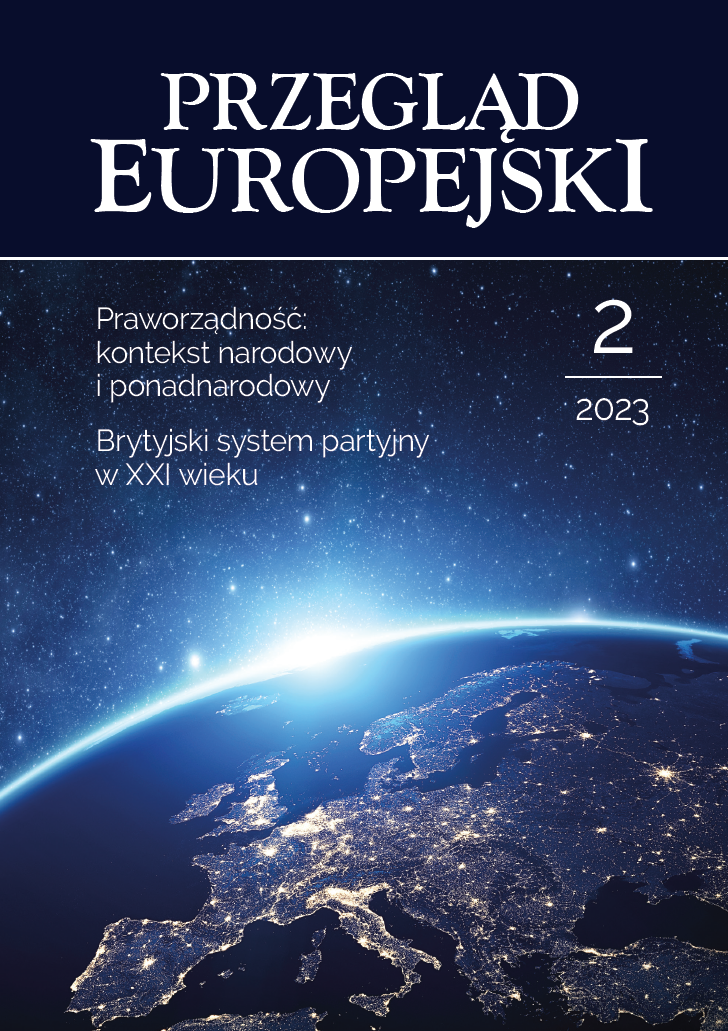Uczestnictwo europejskich miast i gmin w Globalnej Sieci Miast i Gmin Przyjaznych Starzeniu WHO
Membership of European cities and municipalities in the WHO’s Global Network of Age-friendly Cities and Communities
Author(s): Monika Klimowicz, Michał KubiakSubject(s): EU-Legislation
Published by: Wydawnictwa Uniwersytetu Warszawskiego
Keywords: European age-friendly cities and communities; Global Network of Age-friendly Cities and Communities; WHO Network; European society; local authorities
Summary/Abstract: European society is aging, and it is becoming visible than ever before. The Old World is not only a name identified with the cradle of the Western civilisation, but also a symbol of demographic changes, which are one of the main challenges for local authorities. The aging of the European society is a process that has a significant impact on the local policy. In many European cities and municipalities, actions taken by local authorities have become an example of finding solutions that will be an adequate response to this process. The subject of the analysis in this article is membership of European cities and municipalities in the network of the World Health Organization (WHO) as a phenomenon expressing the activity of local authorities towards the process of aging residents. Membership in the Global Network of Age-friendly Cities and Communities can be treated, on the one hand, as one of the forms of support in these activities. It brings together cities and communities that meet certain conditions regarding actions taken for the benefit of the elderly people. On the one hand, membership is a form of recognition by WHO of the activities of local authorities. On the other hand, it is a platform for exchanging experiences and good practices. European cities and municipalities constitute a significant part of this network. The main research problem addressed in this article concerns the membership cities and communities from Europe in the Global Network of Age-friendly Cities and Communities. The development of the network is an expression of the importance and legitimacy of the age-friendly concept and the participation of European cities and communities in the network indicates its importance in Europe. This analysis is aimed on determining the representativeness of European cities and municipalities in the network, including the division into individual European countries.
Journal: Przegląd Europejski
- Issue Year: 2023
- Issue No: 2
- Page Range: 75-95
- Page Count: 21
- Language: Polish

